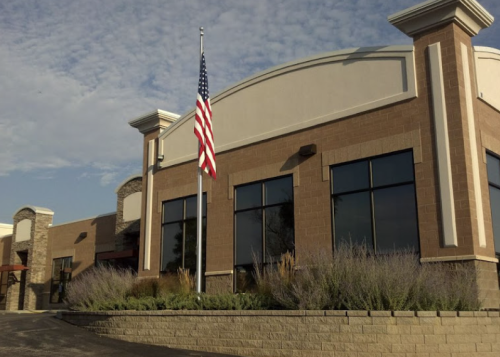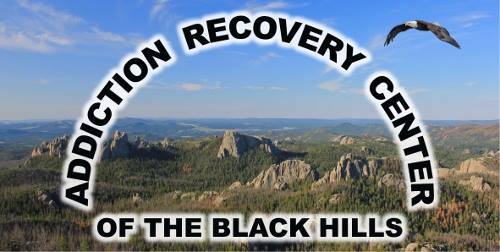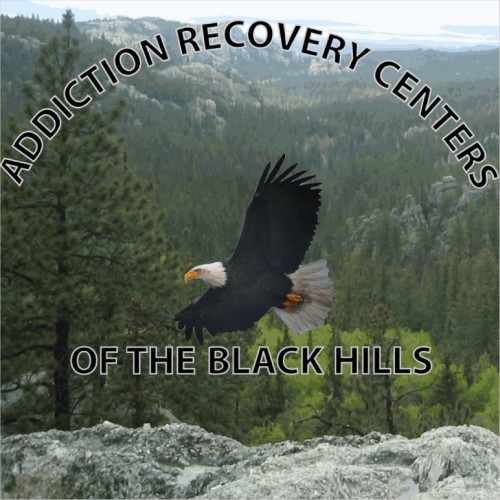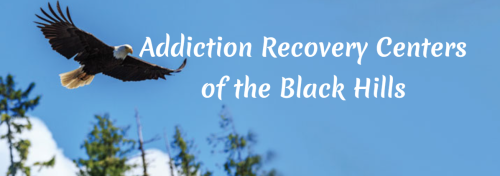






Addiction Recovery Centers of the Black Hills
Treatment Focus
This center treats substance use disorders and mental health conditions. You'll receive individualized care catered to your unique situation and diagnosis, learn practical skills for recovery, and make new connections in a restorative environment.
Primary Level of Care
Outpatient treatment offers flexible therapeutic and medical care without the need to stay overnight in a hospital or inpatient facility. Some centers offer intensive outpatient program (IOP), which falls between inpatient care and traditional outpatient service.
This provider hasn't verified their profile's information. Are you the owner of this center? Claim your listing to better manage your presence on Recovery.com.
Treatment Focus
This center treats substance use disorders and mental health conditions. You'll receive individualized care catered to your unique situation and diagnosis, learn practical skills for recovery, and make new connections in a restorative environment.
Primary Level of Care
Outpatient treatment offers flexible therapeutic and medical care without the need to stay overnight in a hospital or inpatient facility. Some centers offer intensive outpatient program (IOP), which falls between inpatient care and traditional outpatient service.
Provider's Policy
Contact us today to verify your insurance. Our team is here to help answer any questions you may have about coverage.
Addiction Recovery Centers of the Black Hills
Addiction Recovery Centers of the Black Hills
About Addiction Recovery Centers of the Black Hills
Addiction Recovery Centers of the Black Hills (ARCBH) located in Rapid City, South Dakota, provides Intensive Outpatient Treatment services (IOP) for individuals who are struggling with problems associated with substance use and abuse, gambling addictions, and co-occurring disorders associated with substance use. They offer client-centered services in a welcoming environment, assisting adults in accessing a continuum of services within their communities. ARCBH aims to support individuals in achieving a sober life by providing education, tools, and skills necessary for recovery. They work with clients to develop personalized plans and can offer financial assistance or a sliding fee scale for those eligible.
Access Personalized Recovery Plans and Diverse Therapies
ARCBH provides various programming including alcohol/drug assessments, accelerated resolution therapy (ART) for trauma, cognitive behavioral intervention for substance abuse (CBISA), continued care, individual counseling, DUI classes, gambling assessments, mental health counseling, and moral reconation therapy (MRT). ART helps reduce the impact of traumatic memories, while CBISA focuses on changing risky behaviors related to substance use. MRT aims to redirect clients away from illegal activity and toward positive decision-making.
Experience Flexible and Supportive Care
One of ARCBH's strengths is their flexible scheduling, offering evening IOP groups and telehealth options to accommodate clients with daily commitments. This allows individuals to maintain their routines while receiving treatment. Two groups are held at their Rapid City office Mondays, Tuesdays, and Wednesdays 5-8pm. Telehealth groups are held Mondays, Tuesdays, and Thursdays 5-8pm by the Hot Springs office. They are committed to accessibility, helping clients secure funding and offering a sliding fee scale. ARCBH strives to provide a supportive and inclusive environment, ensuring that all individuals seeking help are welcomed and either served directly or connected to appropriate resources in the community.

Center Overview
Treatment Focus
This center treats substance use disorders and mental health conditions. You'll receive individualized care catered to your unique situation and diagnosis, learn practical skills for recovery, and make new connections in a restorative environment.
Joint Commission Accredited
The Joint Commission accreditation is a voluntary, objective process that evaluates and accredits healthcare organizations (like treatment centers) based on performance standards designed to improve quality and safety for patients. To be accredited means the treatment center has been found to meet the Commission's standards for quality and safety in patient care.

Insurance Accepted
Cash Pay Rates
Estimated Cash Pay Rate
Center pricing can vary based on program and length of stay. Contact the center for more information. Recovery.com strives for price transparency so you can make an informed decision.
Levels of Care







Your Care Options
Specializations
Co-Occurring Disorders
A person with multiple mental health diagnoses, such as addiction and depression, has co-occurring disorders also called dual diagnosis.
Drug Addiction
Drug addiction is the excessive and repetitive use of substances, despite harmful consequences to a person's life, health, and relationships.
Gambling
Excessive, repetitive gambling causes financial and interpersonal problems. This addiction can interfere with work, friendships, and familial relationships.
Alcohol
Using alcohol as a coping mechanism, or drinking excessively throughout the week, signals an alcohol use disorder.
Who We Treat
Men and Women
Men and women attend treatment for addiction in a co-ed setting, going to therapy groups together to share experiences, struggles, and successes.
Approaches
Evidence-Based
A combination of scientifically rooted therapies and treatments make up evidence-based care, defined by their measured and proven results.
Individual Treatment
Individual care meets the needs of each patient, using personalized treatment to provide them the most relevant care and greatest chance of success.
Therapies
1-on-1 Counseling
Patient and therapist meet 1-on-1 to work through difficult emotions and behavioral challenges in a personal, private setting.
Conditions We Treat
Gambling
Excessive, repetitive gambling causes financial and interpersonal problems. This addiction can interfere with work, friendships, and familial relationships.
Trauma
Some traumatic events are so disturbing that they cause long-term mental health problems. Those ongoing issues can also be referred to as "trauma."
Substances We Treat
Cocaine
Cocaine is a stimulant with euphoric effects. Agitation, muscle ticks, psychosis, and heart issues are common symptoms of cocaine abuse.
Prescription Drugs
It's possible to abuse any drug, even prescribed ones. If you crave a medication, or regularly take it more than directed, you may have an addiction.
Benzodiazepines
Benzodiazepines are prescribed to treat anxiety and sleep issues. They are highly habit forming, and their abuse can cause mood changes and poor judgement.
Ecstasy
Ecstasy is a stimulant that causes intense euphoria and heightened awareness. Abuse of this drug can trigger depression, insomnia, and memory problems.
Co-Occurring Disorders
A person with multiple mental health diagnoses, such as addiction and depression, has co-occurring disorders also called dual diagnosis.
Drug Addiction
Drug addiction is the excessive and repetitive use of substances, despite harmful consequences to a person's life, health, and relationships.
Heroin
Heroin is a highly addictive and illegal opioid. It can cause insomnia, collapsed veins, heart issues, and additional mental health issues.
Synthetic Drugs
Synthetic drugs are made in a lab, unlike plant-based drugs like mushrooms. Most synthetic drugs are either stimulants or synthetic cannabinoids.
Methamphetamine
Methamphetamine, or meth, increases energy, agitation, and paranoia. Long-term use can result in severe physical and mental health issues.
Languages
Care Designed for Your Needs
Smoking and Vaping Policy






